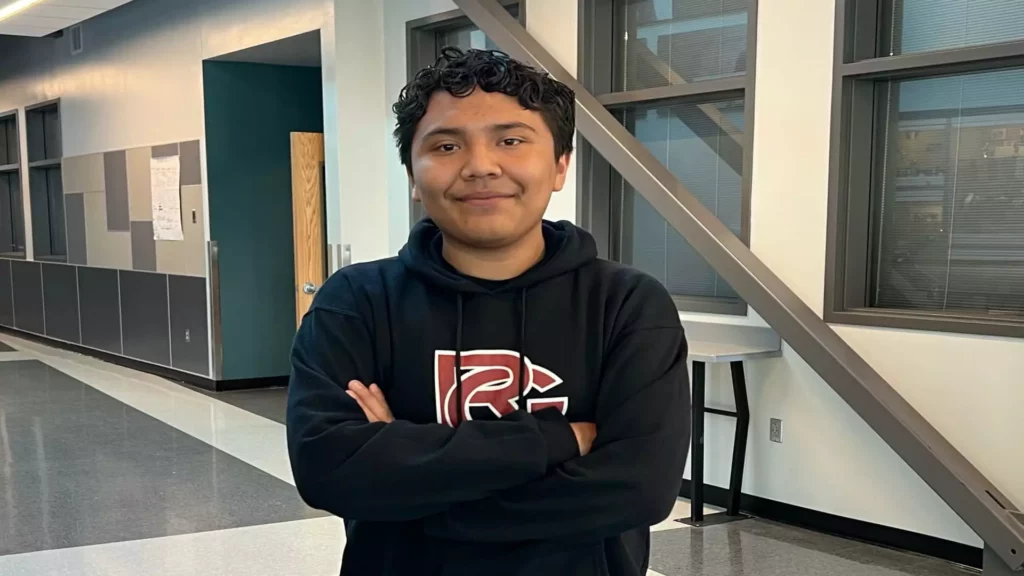![]()
As enrollment deadlines approach, many students are still uncertain about how they will afford college next year. Problems with the new Free Application for Federal Student Aid (FAFSA) have contributed to delays in financial aid award letters and have even deterred some high school seniors and their families from applying for aid altogether.
Current FAFSA Application Status
According to the U.S. Department of Education, only 7.3 million FAFSA applications for the 2024-25 academic year have been submitted, which is less than half of the usual number of applications in a regular year. At the current rate, it is projected that there will be a decrease of 2.6 million FAFSAs submitted by the end of August compared to last year, marking an 18% decline.
While some students have already applied for aid, it remains uncertain how those who have not yet submitted their applications will be affected. Sandy Baum, a senior fellow at the Urban Institute’s Center on Education Data and Policy, emphasizes that the long-term impact of the FAFSA delays on college decisions is still unknown.
Ramon Montejo García, a 17-year-old senior at KIPP Northeast Denver Leadership Academy in Colorado, has been accepted to his top-choice school, Wheaton College in Massachusetts. However, with a steep sticker price of nearly $80,000 per year, he is in need of financial aid to make attending college financially feasible. The new FAFSA form posed a specific challenge for parents without a Social Security number, including Montejo García’s undocumented parents, but this issue has since been resolved.
While the new aid formula indicates that an additional 2.1 million students may be eligible for the maximum Pell Grant, the slower pace of FAFSA applications being submitted could result in the number of Pell Grant recipients being similar to last year. Pell Grants, which do not require repayment, are highly sought-after forms of financial aid among students.
Completing the FAFSA is a strong indicator of whether a high school senior will enroll in college immediately. The National College Attainment Network found that seniors who complete the FAFSA are 84% more likely to attend college. Despite the potential financial aid available, some families choose not to apply due to misconceptions about eligibility or the perceived complexity of the application process.
Experts stress the importance of simplifying the FAFSA process to increase college access for students. Individuals at organizations such as The Institute for College Access and Success emphasize the necessity of ensuring that students do not forgo the financial aid application process due to challenges or lack of information.
The pervasive issues surrounding FAFSA applications underscore the need for continued support and resources to help students navigate the financial aid process effectively. By addressing barriers and simplifying the application process, more students may have the opportunity to access the financial assistance they need to pursue their higher education goals.

Leave a Reply